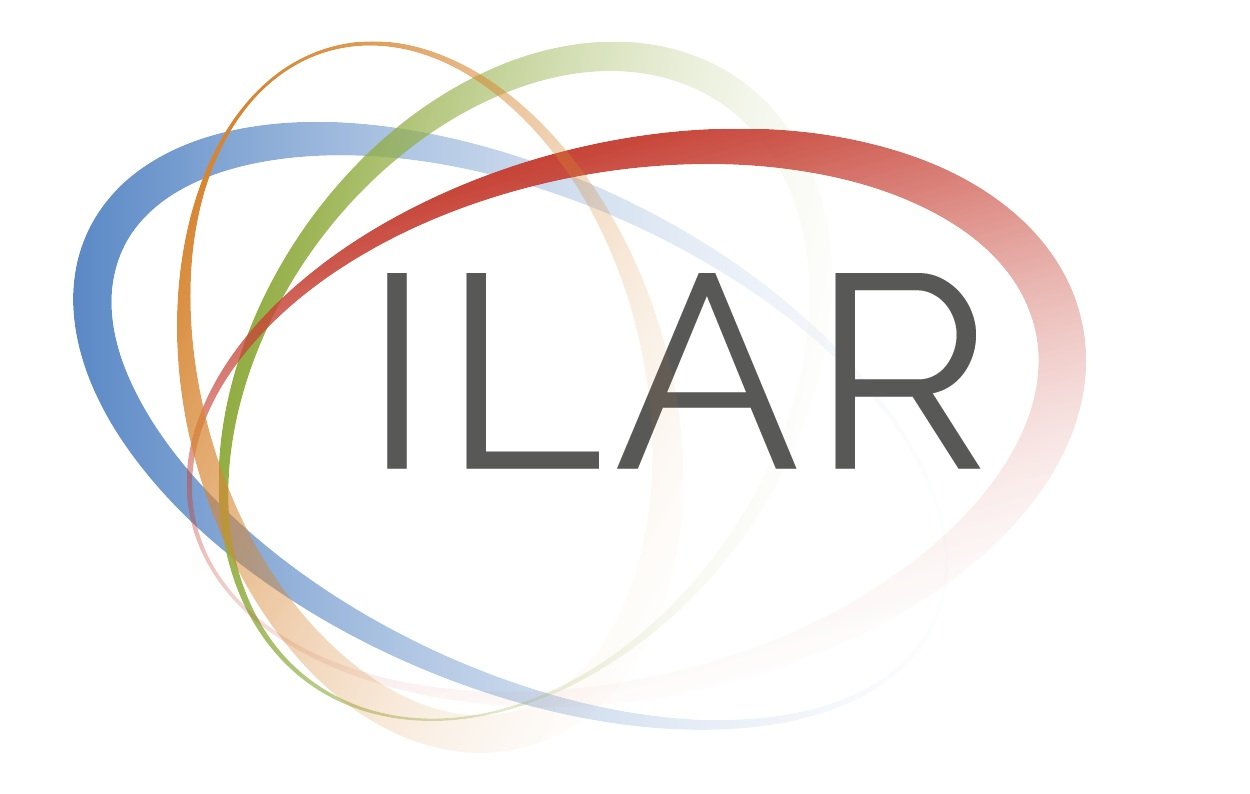A global commitment to an ambitious environmental action
Sustainability and human health and well-being are inextricably linked; hence this pledge is a vital pillar for the Latin American Self-Care sector.
November 25th, 2021 – ILAR – the Latin American Association of Responsible Self-Care, together with The Global Self-Care Federation (GSCF), has today announced the launch of the Charter for Environmentally Sustainable Self-Care, the first global commitment from the consumer health industry to drive sustainable self-care.
As part of the Charter, ILAR leads the effort in Latin America and is committed to this ambitious goal together with its members and allies: National Associations dedicated to self-care and over-the-counter medicines, as well as manufacturers of these products in the region.
The Charter acknowledges that sustainability and human health and well-being are inextricably linked. It aims to reduce the impact of self-care products on the environment while ensuring better health outcomes, product safety, and access to effective treatment options. Self-care products include medicines available over the counter without prescription (OTC), food supplements, including minerals and vitamins, and self-care medical devices.
Judy Stenmark, Director General at GSCF, said, “Voluntary and proactive action across the consumer health industry is essential to find urgent, sustainable solutions to also address the sector’s environmental impact. That’s why I am very pleased to see the Charter come to fruition at a time when we are truly seeing a collective global movement from business to address sustainability, both through making tangible commitments and delivering on them. The Charter provides an ambitious platform for all our members globally to drive innovation in sustainability.”
The Charter is focused in nature to support the delivery of tangible results, focusing on three priority areas where the industry can have the greatest impact and influence: Plastics and Packaging, Pharmaceuticals in the Environment, and CO2 Footprint.
“ILAR is aware of the environmental challenges our planet faces and the urgency of actions focused on improving people's health care, among other needs. This moves us to take action so that, together with our members and allies, we can achieve the objectives agreed in the Agreement for Environmentally Sustainable Self-Care of which we are a part and improve people's health”, shared Juan Thompson, General Director of ILAR.
The Charter for Environmentally Sustainable Self-Care provides a robust framework for the consumer health industry to take collective, impactful action, in consultation with external environmental sustainability experts.
Self-care and Environmental Sustainability in Latin America
For ILAR, self-care and responsible use of over-the-counter medicines are essential strategies to promote access to health in Latin America. The promotion of this practice requires extending health literacy, as well as the development of regulations and public policies to empower citizens on taking care of their own health.
In alignment with this purpose and the commitment to environmental sustainability, the main actions promoted by ILAR include: a working group to share strategies and best practices on environmental sustainability among its members, thus allowing to expand and replicate models that can be applied in different countries of the region; and the promotion of regulatory options that allow stimulating the use of information technologies in the packaging and labeling of over-the-counter medicines, such as quick response (QR) codes.
“It is essential to continue with the adoption and promotion of the practice of self-care in Latin America, and for this, access to health products and information for patients must be a key pillar of our strategy and plans. Considering the new advances in technology, we can and must go beyond the current regulation to guarantee updated and safe information on OTC medicines, which by their nature are products for user self-selection. Therefore, it is our responsibility as a self-care industry to enable patients to have at their fingertips the tools and technologies that allow them to make informed decisions and make appropriate and responsible use of OTC medicines. Digital labeling and the use of QR codes are immediate and viable options to achieve this purpose,” highlighted Jose Antonio Valdez, President of the ILAR Board of Directors.
Integrating new technologies into self-care products has multiple benefits, such as:
Improve access and availability of information on OTC medicines for their responsible use.
Promote inclusion, by making this information available to people with disabilities through devices and other tools that they currently use, or could use, for support.
Reduce printing materials and minimize the environmental footprint necessary to provide this information to the user in a complete and up-to-date manner.
Currently, some countries such as Argentina, Brazil, and Colombia are discussing projects that seek to implement digital labeling initiatives and the use of QR codes for products such as over-the-counter medicines, to provide greater access to information and support the practice of self-care. sustainable in Latin America.
Find out more about our pledge and the Charter for Environmentally Sustainable Self-Care.
- ENDS -
About the Charter for Environmentally Sustainable Self-Care
The Charter for Environmentally Sustainable Self-Care is the first global commitment on behalf of the consumer health-care industry to support environmental sustainability, without compromising on health outcomes, product safety and access to consumers. The Charter provides a robust framework for the industry to take impactful, collective action and in consultation with key external stakeholders working actively in this area. It focuses on the three areas of largest impact for the self-care sector, including Plastics & Packaging, Pharmaceuticals in the Environment and CO2 Footprint. The Charters’ focused nature supports the delivery of tangible results.

